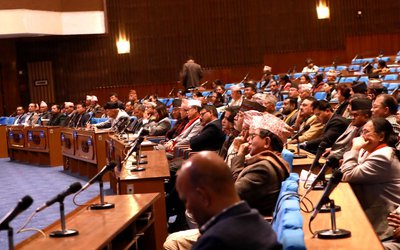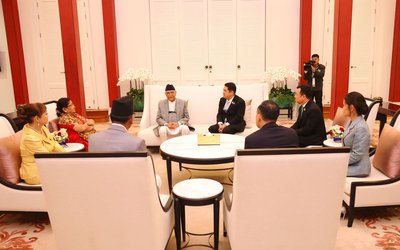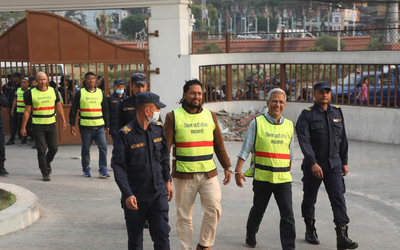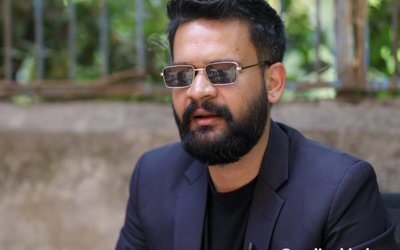More on News





UNICEF Nepal Representative Tomoo Hozumi urged all let us to make children a zone of peace a reality. Issuing a statement on the National Children’s Day of Nepal, UNICEF wishes all the girls and boys in the country a very bright, happy and peaceful future. Today, we wish for a Nepal in which children from the plains to the hills and the mountains can grow up to their fullest potential without fear and sorrow.
“In 2006, following the cessation of armed conflict, a number of political parties had come together and committed to “put children first” in setting their vision for Nepal as they embarked on the development of a new Constitution. Together, they had pledged to “Protect every child from conflict, violence, exploitation and abuse by building protective systems that address all types of child rights violations,” and ”Ensure that children are not misused for political purposes by any party, and ensure that schools remain zones of peace" by signing the “Joint Declaration of Commitment to Children by the Political Parties of Nepal,” said Tomoo Hozumi.
“In the past three weeks, three children - an 18-month-old toddler in Kailali District, and boys aged 15 and 13 years in Dhanusha District - lost their lives as they got caught up in the crossfire of violence. Another 12-year-old is currently missing in Dhanusha District. It is clear that "Children as Zone of Peace" as envisaged in the commitments made in 2006 has not been realised.
Every death is one too many. The killing of children, who are at the threshold of life poised to take off into adulthood and particularly vulnerable, is shocking and inexcusable. UNICEF urges all organisations and individuals to fulfill the commitment Nepal has made to Children as Zones of Peace by translating it into reality.
He said that the current situation has also impacted the lives of thousands of other boys and girls across the southern plains. “Over the past weeks, hundreds of thousands of children in 22 districts have been deprived of their rights to education as they have not been able to access schools. These boys and girls have no other alternative than staying at home and missing out on learning opportunities. This period without school has meant a major disruption to their studies and has been highly stressful, too,” said UNICEF
Global experience has shown that when children are out of school for an extended period of time, the risk of their dropping out of schooling altogether increases substantially. In a country that has shown remarkable progress in getting more and more children into schools, the current situation could unravel the progresses of the past decades.
He welcomed the agreement reached locally in Kailali District to allow schools to open unhindered so that children’s education is not disrupted and urge the local authorities and the concerned groups in other districts of central and eastern Terai to follow the initiative shown by Kailali District that respects Children as Zones of Peace and allows schools to re-open their doors to the students. “UNICEF urges all parties to keep schools free of politics and conflict, and also ensure that students and teachers are provided with safe corridors to go to school. Parents need to feel confident to send their children to school, knowing that they will come home safely at the end of the day,” said UNICEF Nepal Representative Tomoo Hozumi.




